Aspirants aiming to ace the Combined Defence Services exam are expected to devote sufficient time in preparation for the Mathematics section. While the Exam is centered on Elementary Mathematics, your speed and thorough understanding of the basics can give you that extra edge over others. We understand that in the heat of preparation, it is natural to wonder as to which topics should be given more time or emphasis. Here are the ten most important topics from the CDS Maths syllabus arranged according to weightage and recent trends in the examination.
Algebra
A quick glance at previous question papers would show you that Algebra is a key topic with about 18-22 questions, which is about 1/5th of the total i.e. 100 questions. Hence it is vital to be thorough with concepts like Basic Operations, simple factors, Remainder Theorem., Theory of polynomials, Solutions of quadratic equations, the relation between its roots and coefficients, Simultaneous linear equations in two unknowns-analytical and graphical solutions, Simultaneous linear equations in two variables and their solutions, Practical problems leading to two simultaneous linear equations or equations in two Variables or quadratic equations in one variable & their solutions, Set language and set notation, Rational expressions, and conditional identities, Laws of indices, etc. Initially, work towards building conceptual clarity, so that one can easily shift gears and try certain time-saving shortcuts after one is comfortable with basic concepts, for instance in linear and quadratic equations.
Arithmetic & Elementary Number Theory
Candidates are tested on primary concepts like Number Systems (Natural Numbers, Whole Numbers, Integers, Rational Numbers, Irrational Numbers, etc) and Fundamental Operations, Squares & Square roots, Cubes & Cube roots, Exponents & Surds, Decimal Fractions & Simplifications, LCM & HCF and Logarithms, etc. An important factor to note here is that candidates often assume they have some level of expertise in these rudimentary concepts, and they might not devote sufficient time to revise and update. Higher concepts like Trigonometry often presuppose a level of ease in topics like Exponents, Fractions, and Simplifications. Therefore starting the preparations with these concepts is highly recommended. One can expect about 12-14 questions from this topic.
Geometry
Questions in Geometry could be from a wide range of topics including but not limited to Lines and angles. Plane and plane figures, Theorems on Properties of angles at a point, Parallel lines, Sides and angles of a triangle, Congruency of triangles, Similar triangles, Concurrence of medians and altitudes, Properties of angles sides and diagonals of a Parallelogram, Rectangle and Square, Circles and its properties including tangents and normals, Loci, etc. It is imperative to pay attention to minute details and formulas here so that one does not confuse properties of different polygons and or their specific formulas. It is reasonable to expect around 12-14 questions from this section.
Trigonometry
Although trigonometry accounts for fewer questions than the topics discussed above, aspirants often find it relatively tough. Rigorously practicing sub-topics like Angle measurement, Trigonometric Ratios and functions, Identities of trigonometric functions, Euler’s formula and Trigonometric function Graphs could be vital here. Aspirants who are not very confident with their arithmetic skills must allocate more time to crack Trigonometry. There could be about 10-14 questions on this topic.
Mensuration
From this topic, questions dealing with the perimeter and area of 2D figures and surface area and volume of 3-D figures would be asked. Since there are a lot of formulas involved, aspirants should meticulously prepare for this section. This calls for the use of cue cards for memorizing formulas and continuous practice, solving high-concept/multi-concept questions. Expect about 9-11 questions each for 2-D and 3-D figures.
Statistics
Statistical concepts like Measures of Central Tendency(Mean, Median Mode), Tabulation, and Pictorial representation of data (Bar Graphs Pie Charts, Histograms, etc) are part of all competitive exams and CDS is also not different. Usually, candidates are able to score easily although one has to be careful when picking figures from raw data, transforming them to tabular form, counting frequencies, and plotting the graph. A bit of attention while solving these would make this section a breeze. 8-10 questions could be asked from the topic.
Speed, Distance & Time
Questions would be focusing on motion (linear, circular, and other), different modes (road, train, boat (upstream, downstream)), and applying the formulas of Time, Speed, and Distance. Due importance should be given to units (km/h, m/s, etc) and conversion of units, applying the peculiarities of the mode (for adding speed downstream), application-level questions, etc. Weightage would be around 3-4 questions.
Ratio & Proportion
From this topic, questions linked with real-life situations based on sub-topics like Direct and Inverse proportion, comparison of ratios etc would be included. It helps immensely if one is clear about the difference between Ratio and Proportion. Expect around 2-3 questions.
Time & Work
There would be questions about the time taken by an individual to perform a basic task, efficiency of an individual, number of workers required to complete a task in time, and the difference in time and efficiency resulting from the addition or withdrawal of workers, etc. There are formulas to be applied here, but one has to pick information from the question, convert them if needed, and then apply the formula. 2-3 questions from this section would be present.
Profit and Loss
Candidates are expected to solve problems about cost price, selling price, and profit or loss arising out of it here. A bit of care while applying the easy formulas can ensure that no marks are lost from this topic.
An idea of the key topics and their relative weightage in previous exams can help an aspirant to prioritize practicing specific concepts and theorems. While we have discussed topics and ranked them in order of importance, aspirants should take great care not to ignore or undervalue any topic. While it is rational to allocate more time to topics with greater weightage, one must be aware of the interrelatedness of concepts and how certain concepts build on others. Apart from that one’s ease in multiple concepts could be a crucial factor in their speed while solving the questions. Keeping that in mind while preparing would prevent one from losing any marks, while at the same time improving their performance. Good Luck with the preparations.
Also Read:
- 300 Most Commonly Asked Questions In Maths For CDS Exam
- How To Crack CDS Exam Maths Topic Wise Analysis And Best Strategy
Want To Prepare For The CDS Exam and SSB Interview?
- You can prepare for CDS 1 2022 and CDS 2 2022
- Take the best CDS Exam Online Course by SSBCrackExams.
- Take the CDS Exam Mock Test Series to boost your prep.
- SSB Interview Online Course [Must Enroll]


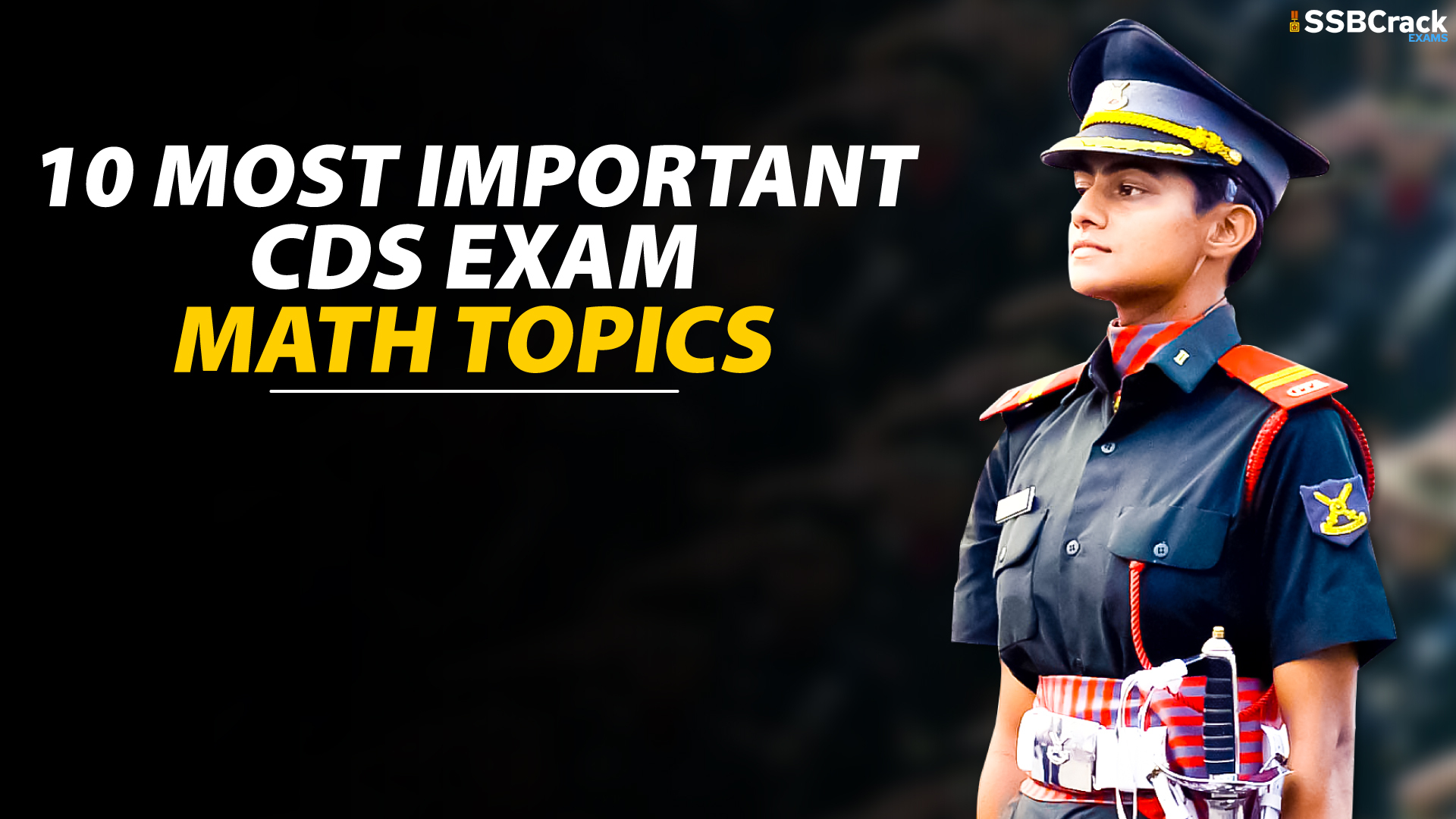
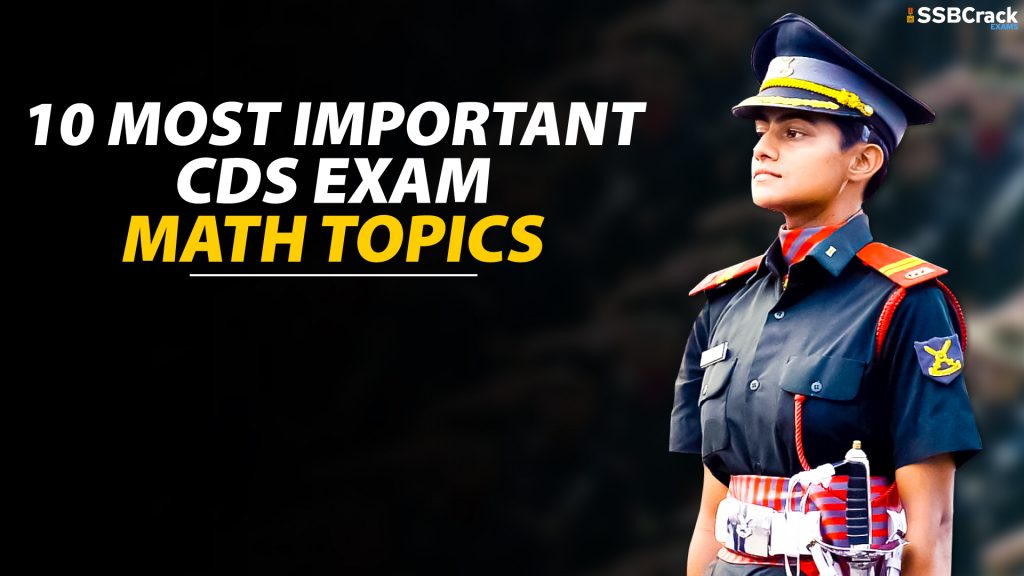


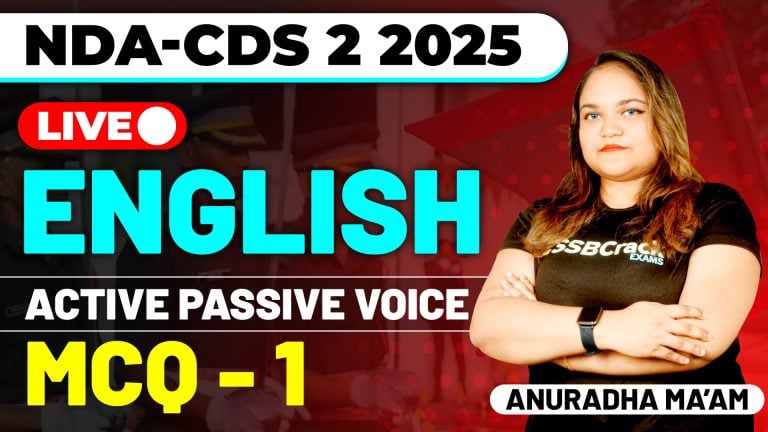
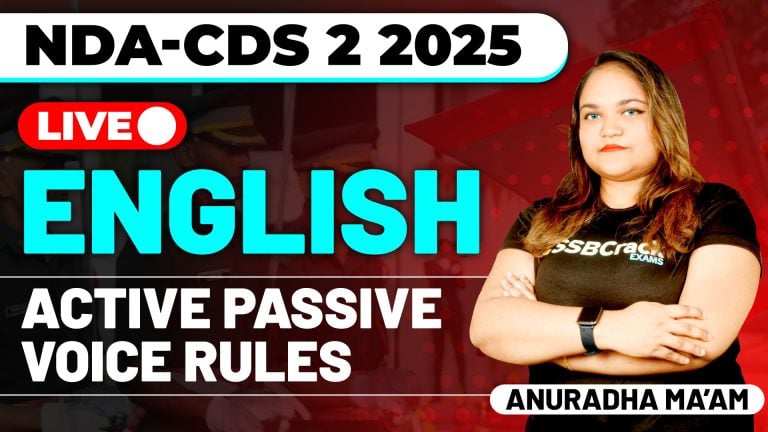
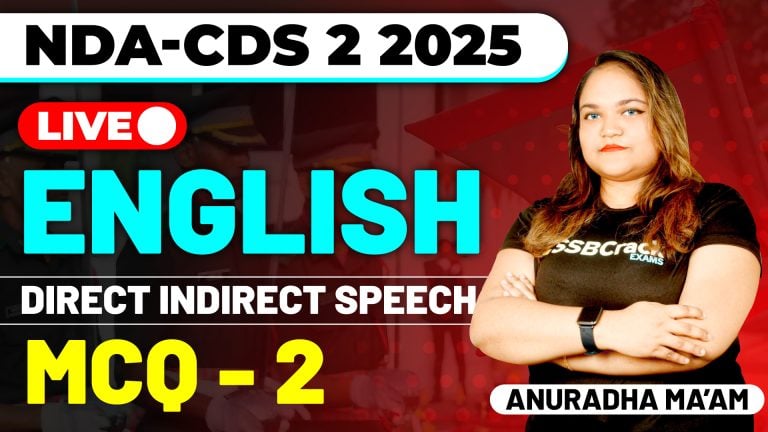
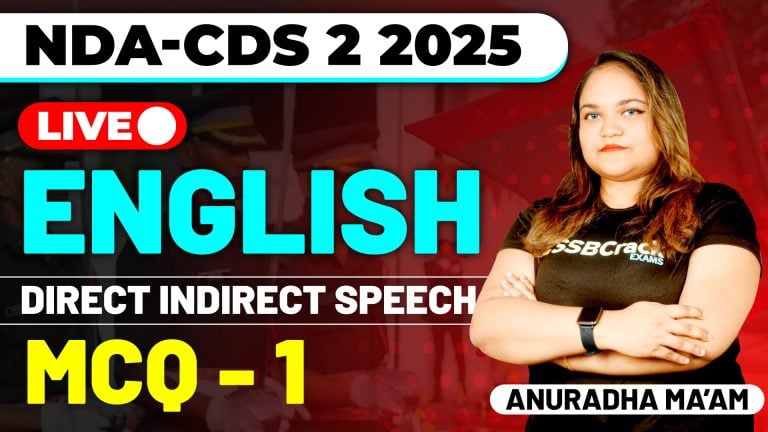
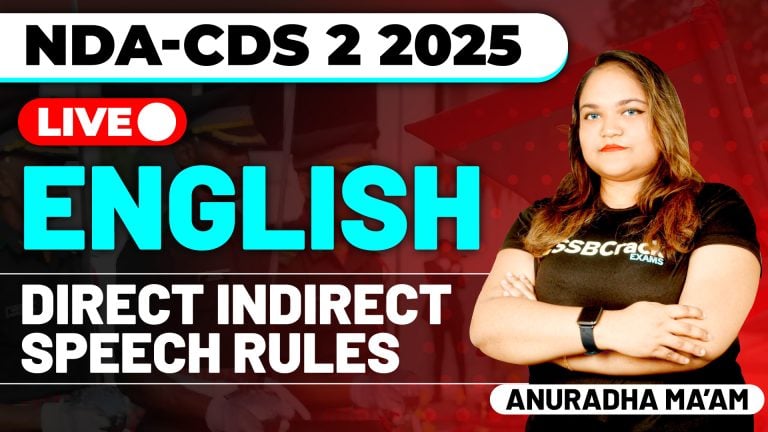
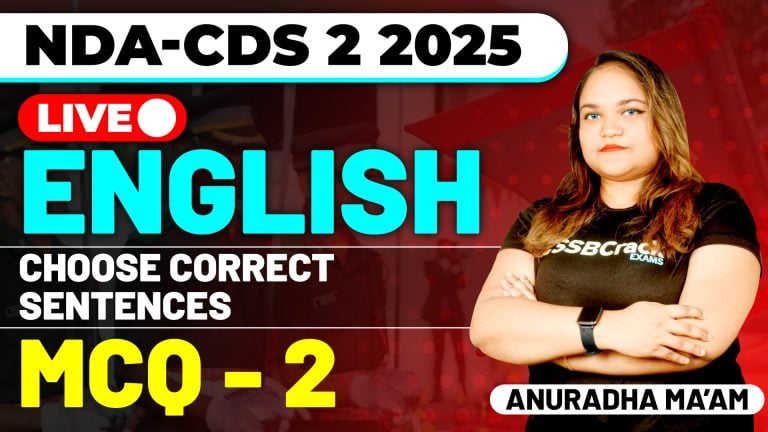

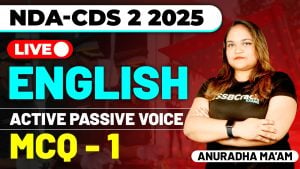
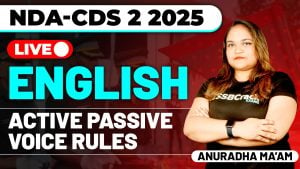
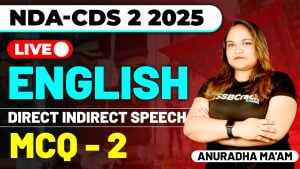
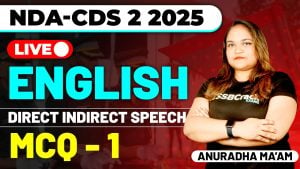

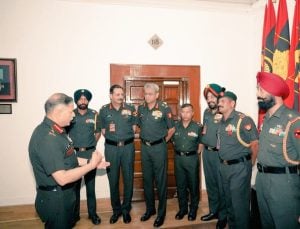

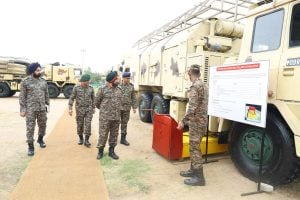


2 thoughts on “10 Most Important CDS Exam Maths Topics”
Very good
Sir how to join plz guide me